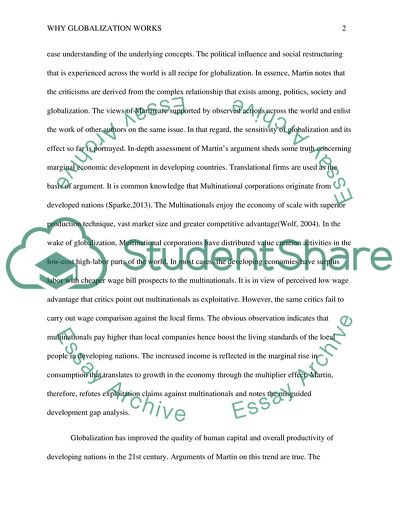Cite this document
(“Why globalization works Essay Example | Topics and Well Written Essays - 1000 words”, n.d.)
Retrieved from https://studentshare.org/sociology/1701611-why-globalization-works
Retrieved from https://studentshare.org/sociology/1701611-why-globalization-works
(Why Globalization Works Essay Example | Topics and Well Written Essays - 1000 Words)
https://studentshare.org/sociology/1701611-why-globalization-works.
https://studentshare.org/sociology/1701611-why-globalization-works.
“Why Globalization Works Essay Example | Topics and Well Written Essays - 1000 Words”, n.d. https://studentshare.org/sociology/1701611-why-globalization-works.


